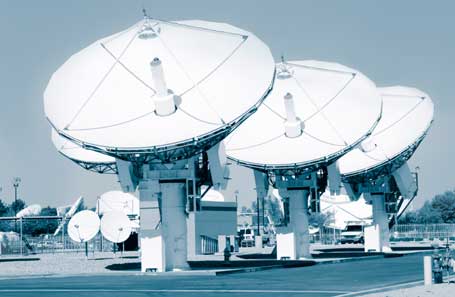
The Square Kilometre Array (SKA) will mark a revolution in radio astronomy; through its large collecting area and novel design, it will excel in sensitivity and open a new window onto the universe. South Africa and Australia are shortlisted to host the SKA and both countries are currently constructing SKA technology demonstrators, MeerKAT (South Africa) and ASKAP (Australia). These are world-class radio telescopes in their own right. Independently, Europe has constructed LOFAR, an SKA demonstrator at low radio frequencies.
All three SKA precursor radio telescopes—LOFAR, ASKAP and MeeKAT—have dedicated Key Science Projects (KSP) that aim to characterize the transient radio sky, to study the sudden (sometimes explosive) outflow of mass from compact accreting binaries or supernovae. The extremely high level of cooperation between these projects has led to a truly global transient network of SKA precursors. The PIs of the transient KSP of each SKA precursor telescope are all based at WUN-affiliated universities; University of Sydney, University of Southampton and University of Cape Town.
At this stage of the project, whilst the SKA precursors are under construction, full-time efforts are focused on pioneering the development of real-time transient software algorithms. Dealing with huge data flows in real-time analysis (1 year of observation = 1 petabyte of data), means that detecting transients in real-time is a complex computational challenge and requires an innovative approach to data processing (e.g. using GPU computing). Through this WUN collaboration, we will develop jointly real-time transient detectors on SKA precursors, building on 5+ years of LOFAR experience, leading technology developments towards the SKA.
Selected outcomes
- Published The Evolving Polarized Jet of Black Hole Candidate Swift J1745-26, MNRAS 437, 3265-3273 (2014).
- Received over €370K from NWO Netherlands, University of Cape Town, Radboud University Nijmegen and South African Astronomical Observatory for “MeerLICHT”, a robotic optical telescope that will monitor the optical sky at the same time as MeerKAT will probe the transient radio sky.
- Received R800k from National Research Foundation, South Africa for three years (2014-5-2017-8).